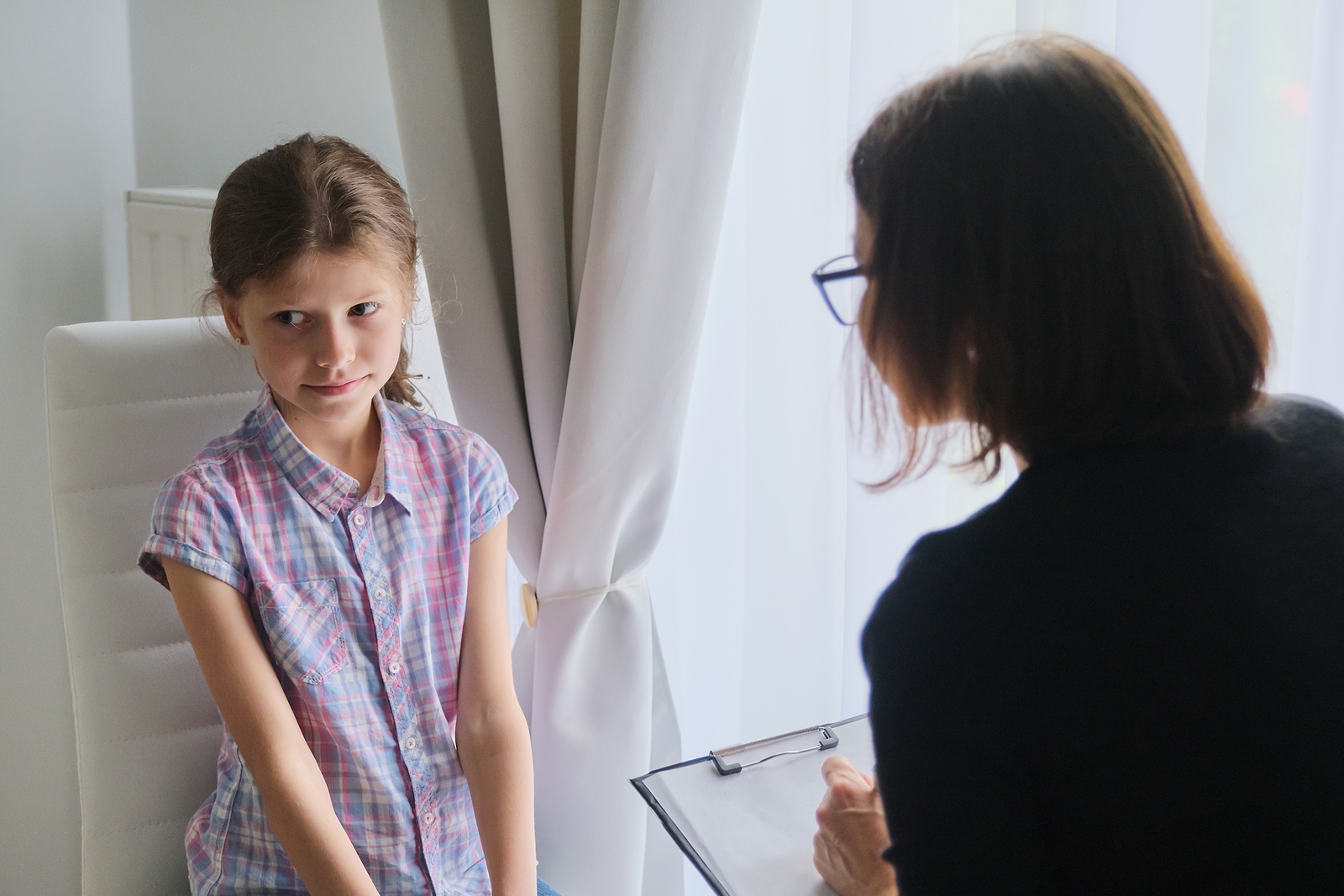Worrying new figures have revealed that almost 20,000 children in South London were in contact with mental health services over the course of a year.
The data comes as more young people across England sought mental health services than ever before, with referrals sky-rocketing by almost 100 percent throughout the coronavirus pandemic.
Mental Health charity, YoungMinds, blamed the government for a lack of action, and said the issue will get worse if nothing is done to tackle the root causes.
Chief executive at the charity, Laura Bunt, said: “Instead of action, young people get broken promises in the form of scrapped plans and missed opportunities.
“We need the Government to turn the tide on this emergency – it must commit to reducing prevalence and tackle the reasons why so many young people are struggling with their mental health.”
“We need an ambitious plan that matches the scale of need focusing on prevention, investment and improving services,” Ms Bunt added.
Figures from NHS Digital showed that 19, 050 youngsters in the South East London CCG region alone were in contact with mental health service between September 2022- September 2023.
Speaking about the increase in demand for services, NHS mental health director Claire Murdoch said: “NHS staff are working harder than ever to meet the increased demand and we have fast-tracked mental health support for millions of pupils in schools and colleges, as well as significantly expanding the children’s mental health workforce.”
Could Therapy Help?
If you’re a young person or you’re the parent of a child suffering from mental health issues, there are a number of therapeutic approaches that could bring some real improvements.
Therapy can provide a lifeline for young people facing mental health challenges. Different types, like CBT, Trauma-Focused Therapy and DBT, offer a tailored approach to help young people overcome the issues that are dragging them down.
CBT can help change negative thought patterns, while Trauma Therapy aids in healing. DBT teaches coping skills to help an individual come to terms with the root cause of their mental health illness.
Beyond helping individuals problem solve, therapy fosters growth and helps to build resilience and self-awareness. A professional therapist can guide a young person to help them discover their strengths and navigate the hurdles of life. By releasing the shackles that are holding them back, they can start to feel empowered with a more positive mindset.
Therapy is by no means a quick fix. For young people with severe mental health problems, the road to recovery may be long. But with time and dedication, psychotherapy can pave the way for a brighter, more positive future.
